
Zookeepers Self-Isolate In A UK Wildlife Park For 3 Months To Take Care Of Animals
Interview With OwnerMany parts of the world are currently living in lockdown. While most have taken steps to isolate themselves in the comfort of their homes, others decided to do so by traveling out into the provinces to stay in their summer or garden houses.
Yet others are making an unorthodox decision to self-isolate in their workplace. No, this isn’t an April Fool’s Day joke. And no, I’m not trying to spin the technicality that since many are now working from home, they are technically self-isolating at work.
No, this is very real as a handful of zookeepers have decided to self-isolate in their workplace.
While many self-isolate at home, others take an unconventional approach and do it at work
Image credits: Paradise Park
A bit over a week ago, Paradise Park, a wildlife sanctuary in Hayle, Cornwall, UK with whom Bored Panda got in touch, announced that it would be temporarily closing its doors to the public due to the coronavirus outbreak. The park stated that it is now important for them to ensure the animals continue to get high-quality care and for that, they must guarantee the health and safety of their zookeeping staff.
In light of this news, four of its staff members—Izzy, Emily, Layla, and Sarah-Jane—have volunteered to move into the park and to self-isolate. During the 12-week self-isolation period, they will continue to be supported by a number of their colleagues coming in during their shifts.
“All our keepers are really dedicated to the animals, but some also have vulnerable family members at home. When they heard the advice about self-isolating to combat the coronavirus, they had to make a decision about whether to stay away from work and isolate with their families. But then they suggested that they could come and stay in the house at Paradise Park to be there for the birds every day without risking the health of their families,” explained Alison Hales, Director of Paradise Park.
4 Paradise Park keepers decided to self-isolate in the wildlife sanctuary’s onsite house
Image credits: Paradise Park
The reason why the four zookeepers decided to move into the Zoo’s onsite house was a precautionary one. Besides having vulnerable family at home and not wanting to put them at risk of bringing the virus back, Izzy also explained that if worse comes to worst and all of the zookeeping staff is unable to work, at least she and her three colleagues will be able to pick up the pace in taking care of the animals.
Paradise Park is home to around 1,200 birds as well as a number of various mammals like red (probably bored) pandas, red squirrels, Asian otters, harvest mice, and the Fun Farm animals. With over a thousand animals living in the zoo, looking after, feeding, cleaning, medicating, and doing other vital activities is no easy task even without the pandemic over one’s shoulder.
We asked Alison if the animals are reacting to the fact that there are no visitors coming to see them these days. She said this: “We are keeping to the Park’s routines, like twice daily penguin feeding times (can be seen on our webcam) so that they would not notice too much difference. Also, spring is in the air and many pairs of birds only have pairing up and nest-building on their minds.”
She continues: “However, we have many different kinds of parrots here (we are home to the World Parrot Trust), some in small colonies and others in pairs and I do feel the friendliest of these are wondering where everyone is. Some parrots interact with people a lot, for instance Max and Cocky, the pair of Umbrella Cockatoos were shouting ‘hello’ really loud to me this morning and I thought they were pleased to see me.”
This was done as a precaution, making sure that there are at least 4 employees on duty if others cannot work
Image credits: Paradise Park
The 4 zookeepers look after, feed, and clean over 1,200 animals, and keep up their daily routine
Image credits: Paradise Park
The self-isolating zookeepers explained that they are keeping up the zoo’s daily routines, including the ones with the Humboldt penguins. Starting Easter, the zoo will begin doing what they call Photocalls—a handful of visitors are chosen to help with feeding the penguins, to pet them, and to take photos.
They are also keeping up with the schedule to train their eagles, vultures, hawks, and a number of other bird species who take part in the zoo’s free-flying displays that take place during the summer.
Needless to say, self-quarantine at the zoo has its perks, as Alison of Paradise Park explains: “It’s magical to walk around once all the feeding and cleaning has been done, quietly observing the birds going about their business. You can chat to your special bird friends for a bit longer, but the best bit is waking up to a tropical dawn chorus in deepest Cornwall!”
During the 12-week isolation, a number of coworkers will rotate to support the self-isolating zookeepers
Image credits: Paradise Park
Now, the zoo may have closed its doors, but it still provides a window for the super-curious. Paradise Park keeps its social media pages regularly updated and also runs live webcams, allowing visitors to see some of the wildlife from their homes.
However, without the active daily patronage due to the pandemic forcing many public locations to close, Paradise Park has also lost much of its income. “As long as our keepers stay well to care for the animals, then the next challenge is funds,” explained Alison.
“All our income comes from visitors and we have only been closed on Christmas Day and a few days due to snow in our 46 years. Winter is our quietest time of year, so we really look forward to the Easter holidays, we put on extra events and get lots of visitors. We have been very self-sufficient over all these years, many people are regular visitors and we have achieved a lot of really good conservation work for endangered species. Our bank is being helpful and has already extended our overdraft but this is the first time we have ever done a fund-raiser.”
In response to this, the zoo’s staff members have launched a GoFundMe campaign in hopes of covering food and other vital expenses, which amount to over $1,500 per week. Please consider donating here to help keep the zoo running during the shut-down.
Paradise Park may be closed, but it keeps its social media regularly updated with pictures and live webcams
Image credits: Paradise Park
Paradise Park also provided us with some unique glimpses at the zoo’s daily life
Image credits: Paradise Park
Image credits: Paradise Park
Image credits: Paradise Park
Image credits: Paradise Park
Image credits: Paradise Park
Image credits: Paradise Park
Image credits: Paradise Park
Image credits: Paradise Park
Image credits: Paradise Park
Image credits: Paradise Park
Image credits: Paradise Park
Here’s how people online reacted to this story
237Kviews
Share on FacebookExplore more of these tags
We need more people like this in the world. Also, can I go live with them?
We need more people like this in the world. Also, can I go live with them?

 Dark Mode
Dark Mode 

 No fees, cancel anytime
No fees, cancel anytime 






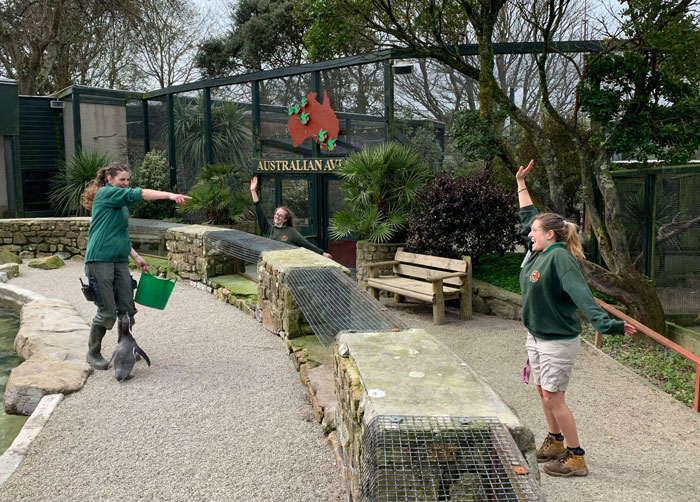
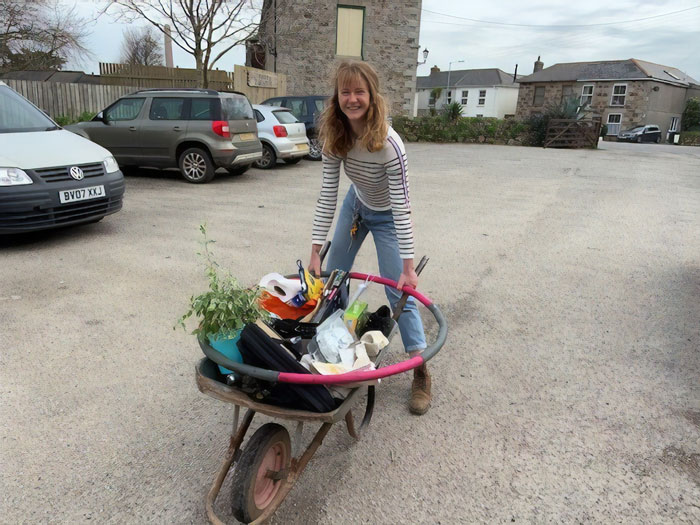
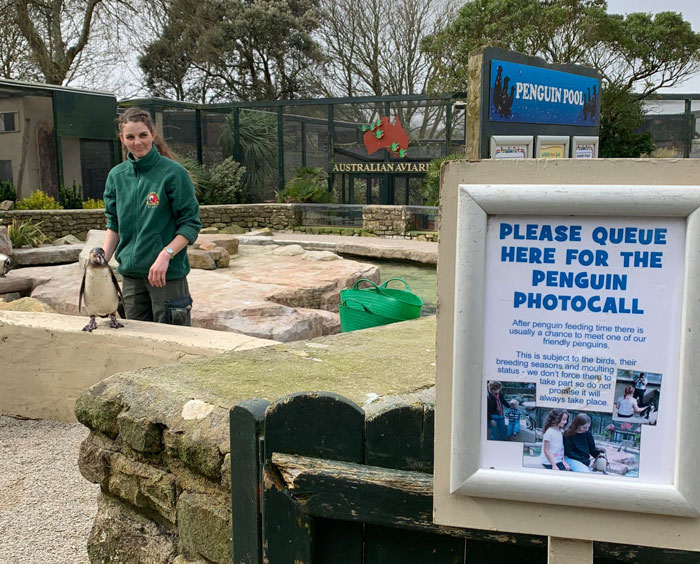
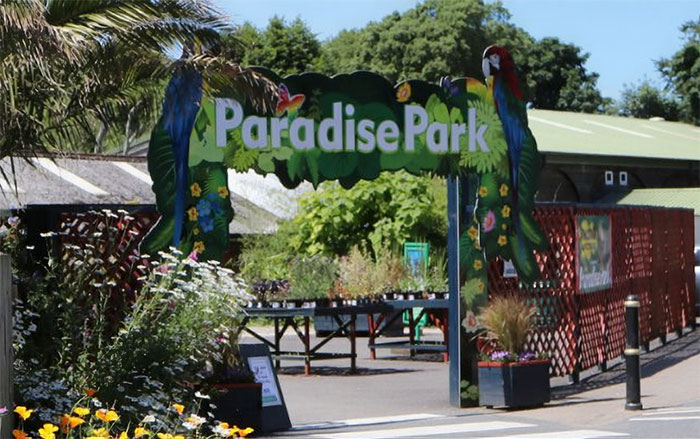
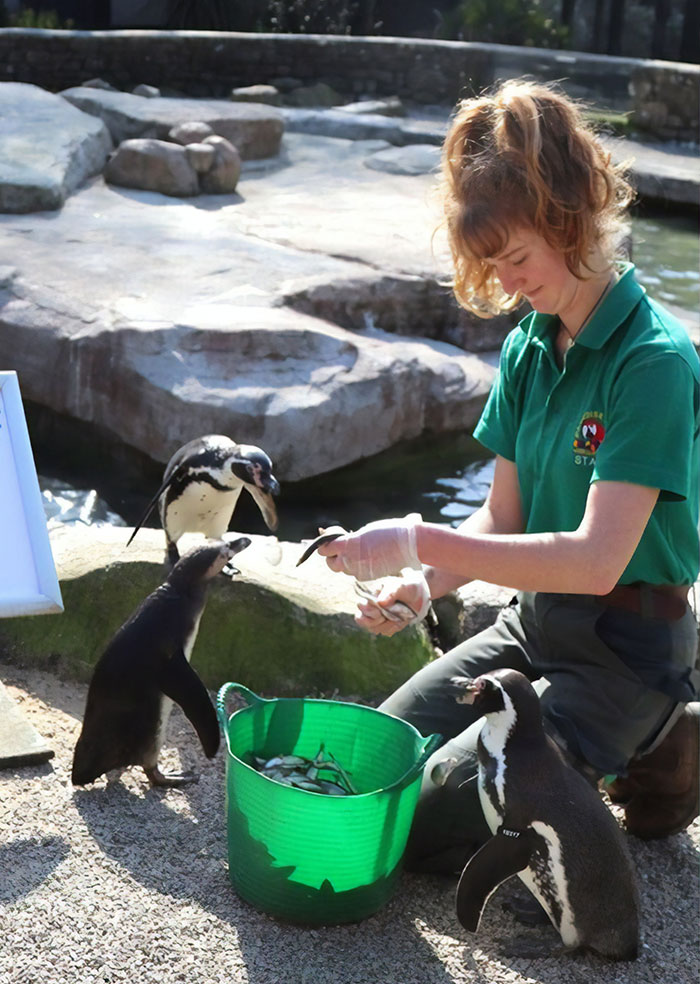
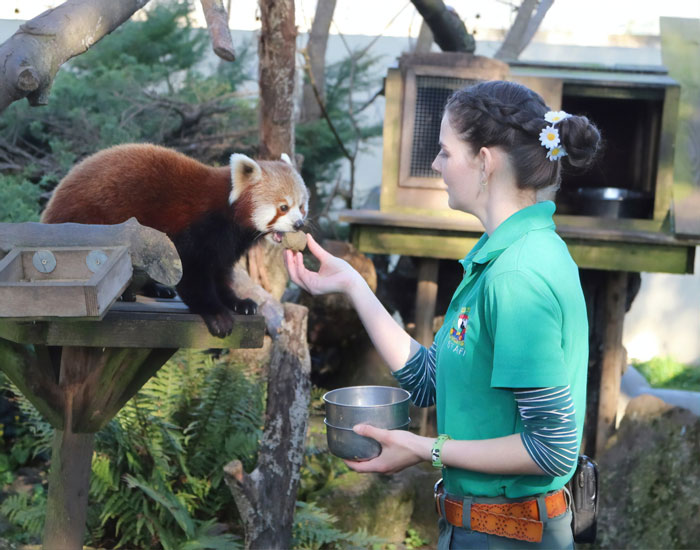
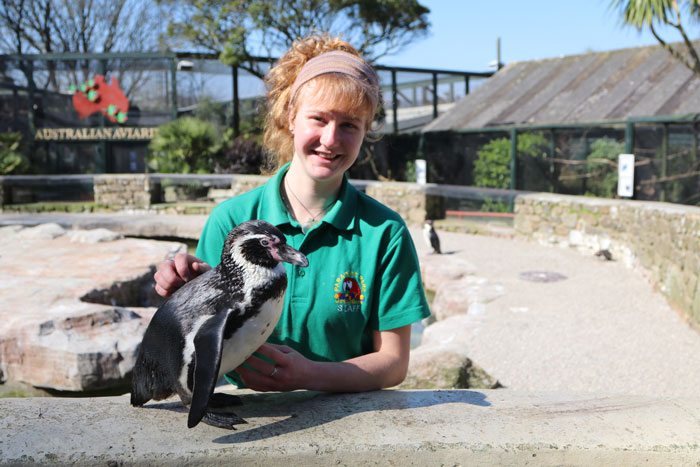
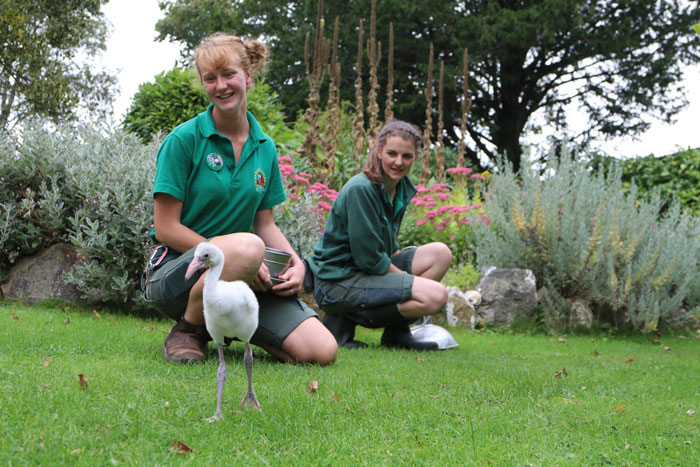
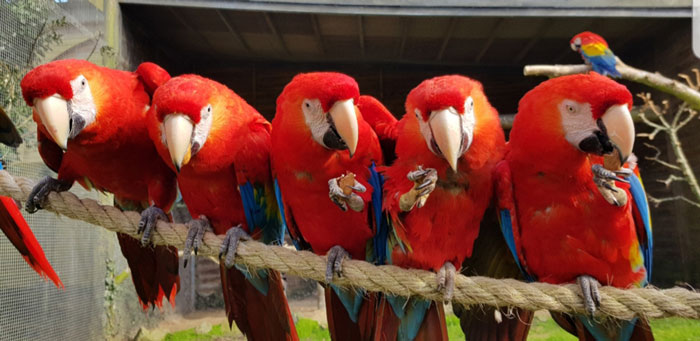
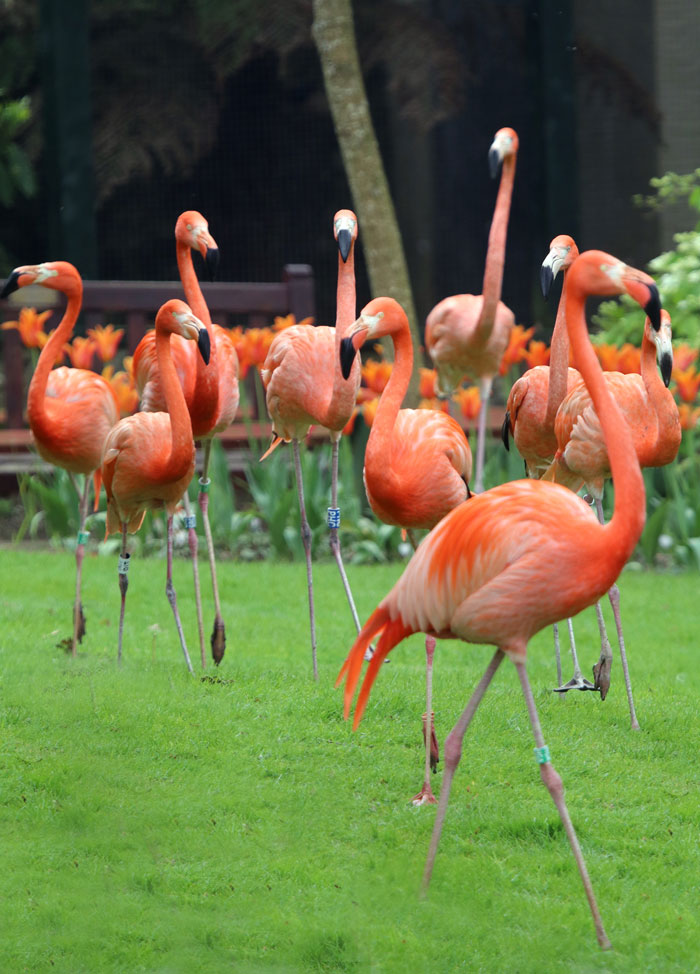
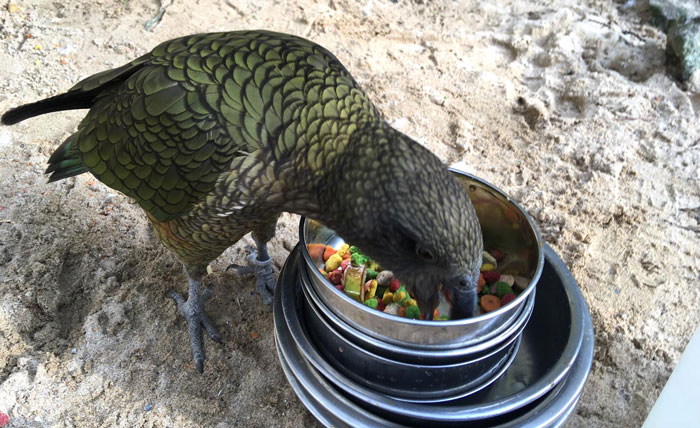
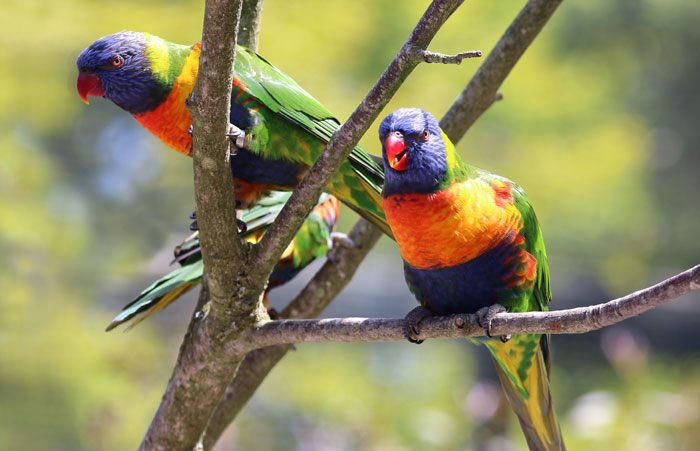
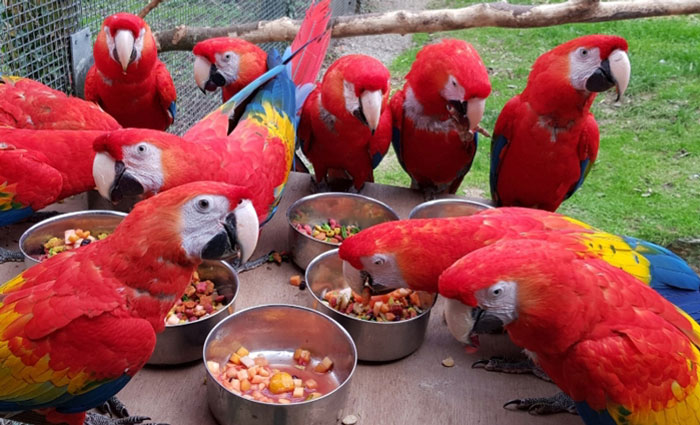
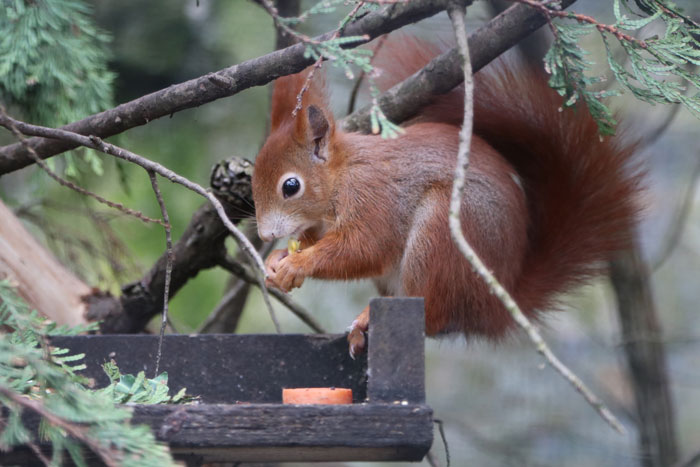
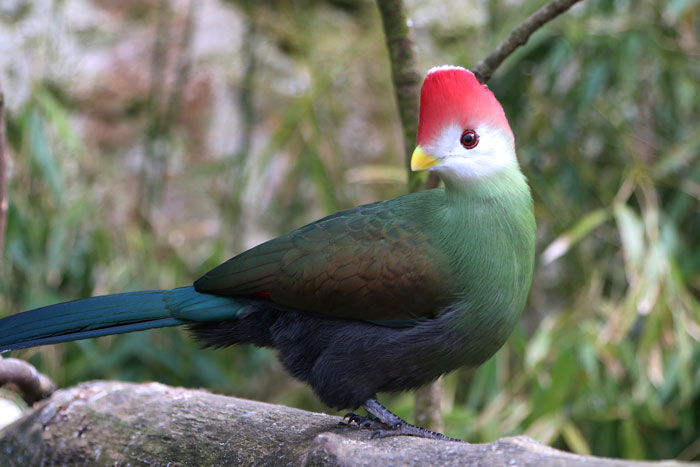
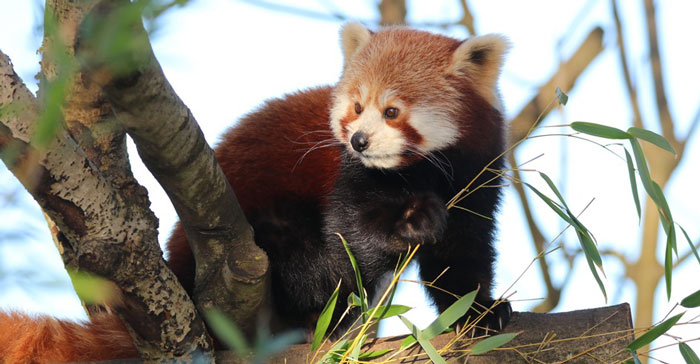
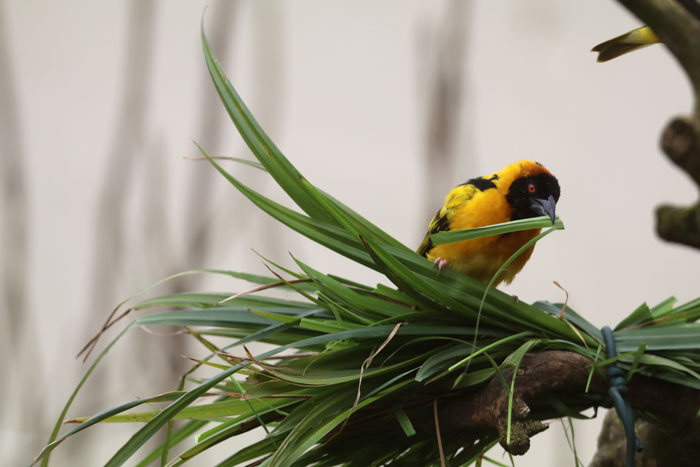























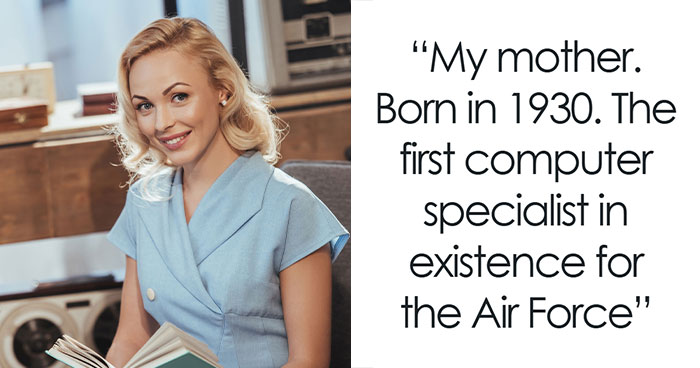


































291
19